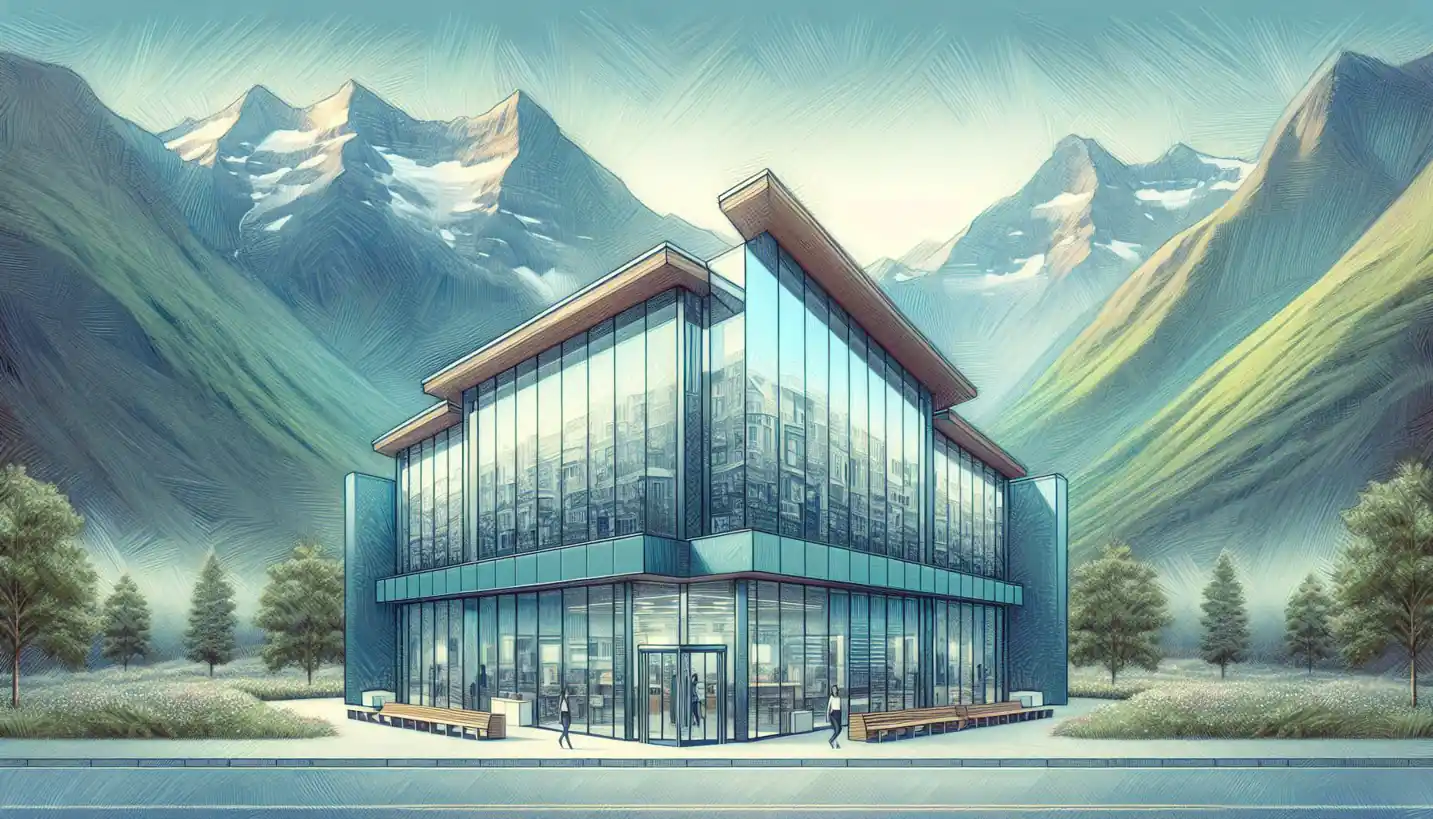· Economics · 4 min read
Food Security: Safeguarding Our Future
Food security is a global priority, ensuring adequate access to nutritious food for all. Learn how agricultural economics tackles this vital concern for our future.

When we talk about food security, it’s like thinking of a giant safety net ensuring everyone has enough to eat, now and in the future. This concept is more than just having plenty of rice or bread on the shelves. It’s about making sure that everyone, everywhere, can access the nutritious food they need for a healthy life.
The Heart of Food Security
At its core, food security is about availability, access, utilization, and stability. Imagine trying to juggle these four balls all at once; drop one, and the whole act can fall apart.
Availability means food is consistently at hand, grown locally or supplied from afar. Access involves having the means to obtain that food, whether it’s money, resources, or location. Utilization means using the food right for a balanced diet, and having good hygiene and healthcare to make the most out of every meal. Finally, stability ensures that these three pillars are not knocked down by unexpected events like climate changes or economic crises.
The Complex Dance of Economics and Agriculture
Agricultural economics plays a huge role in this balancing act. Think of it as the invisible hand that can direct how food is produced, distributed, and consumed. It’s not just about growing crops; it’s about planning and making decisions that affect farming efficiency, sustainability, and ultimately, food security.
For instance, if farmers can access affordable seeds and tools thanks to smart economic policies, they can produce more and better crops. This makes food more available and potentially cheaper. However, if economic models are off, it might mean food ends up wasted or prices skyrocket, hurting access.
Real-life Example: How Economics Affects Food Access
Take the case of global rice markets. A change in tariffs or subsidies in one part of the world can impact rice prices globally. Imagine a ripple effect in a pond: a small policy shift can drastically affect how much people pay or how much farmers earn. When prices soar, a family in one corner of the world might struggle to put food on the table.
Economics can further influence whether farmers opt to grow rice or switch to a more profitable crop. This choice impacts not just their livelihood but the overall food availability worldwide.
The Role of Technology and Innovation
Technology and innovation are like the modern superheroes of agricultural economics. With drones monitoring crop health or AI predicting weather patterns, farmers can make smarter choices, improving yields and reducing waste.
Picture a farmer using a smartphone to decide the best time to plant or irrigate. Or robots that can pick fruits more quickly and efficiently than humans. These advances make the food production process smoother and help tackle food security by ensuring we can grow more with less.
Climate Change: The Unseen Challenge
Climate change is like an uninvited guest to the food security party. It throws off weather patterns, leading to droughts, floods, or unexpected frosts that can devastate crops. This threat emphasizes the need for resilient agricultural practices that can withstand unpredictable climates.
Consider the implications of a prolonged drought in a region known for its wheat production. Suddenly, not only is wheat less available, but prices may rise, affecting global markets and making it harder for people to buy bread, food’s simplest staple.
Stories of Resilience
There are inspiring stories everywhere of communities rising to the challenge of ensuring food security. For example, some villages in Africa have pooled resources to create shared water systems, leading to better irrigation and crop production even in tough conditions. These tales of resilience show the power of collective effort and innovation in overcoming adversity.
Future Research and Curiosity
Looking forward, the quest for food security continues with questions like: How can we develop crops that are more drought-resistant? What financial models best support sustainable farming? The frontier is always open for exploration, sparking curiosity and innovation.
Universities, think tanks, and independent researchers are diving deep into these challenges, experimenting with new ideas, and pushing the boundaries of what’s possible. Their work not only aims to solve today’s problems but to ensure that future generations inherit solutions rather than issues.
The Importance of Food Security
In the grand tapestry of global challenges, food security is a thread that connects us all. Ensuring everyone has enough to eat is not just a humanitarian issue but a critical economic one. A world where everyone has access to nutritious food means healthier lives, stronger communities, and thriving economies.
As we move forward, understanding and tackling the intricacies of food security can lead to a more equitable and sustainable future. It’s a path filled with challenges, but with plenty of room for creativity, innovation, and impactful change.
Whether you are a student, policymaker, or just an interested citizen, the importance of food security is a call to action. Dive into the conversations, explore the solutions, and be a part of shaping a future where everyone eats well today and tomorrow.



